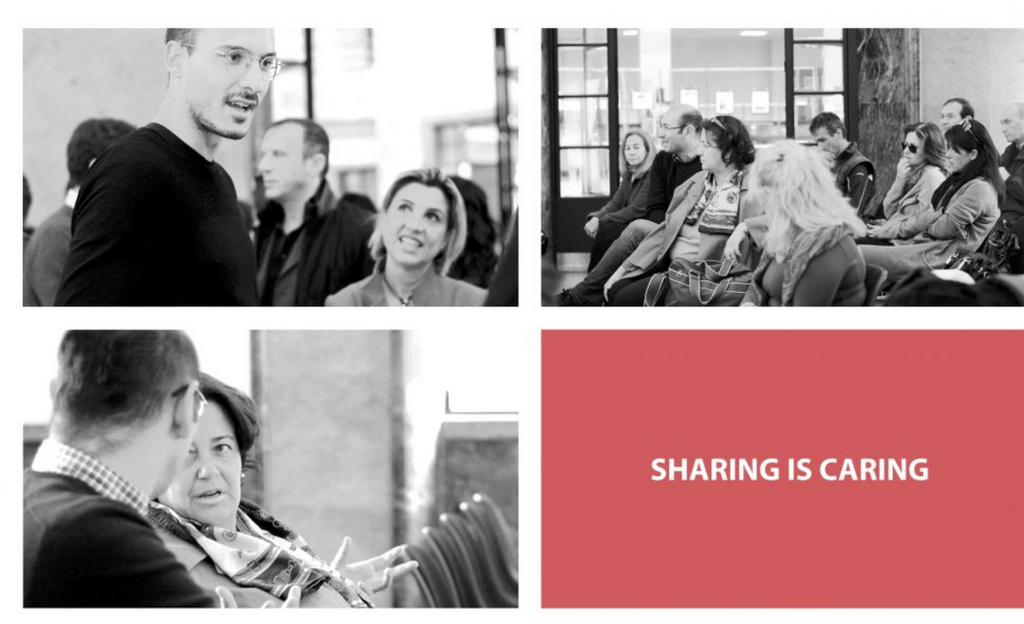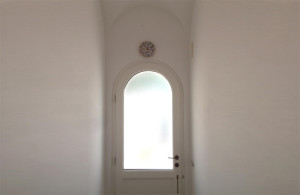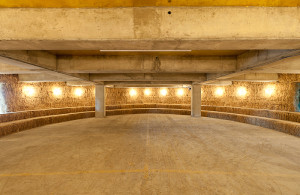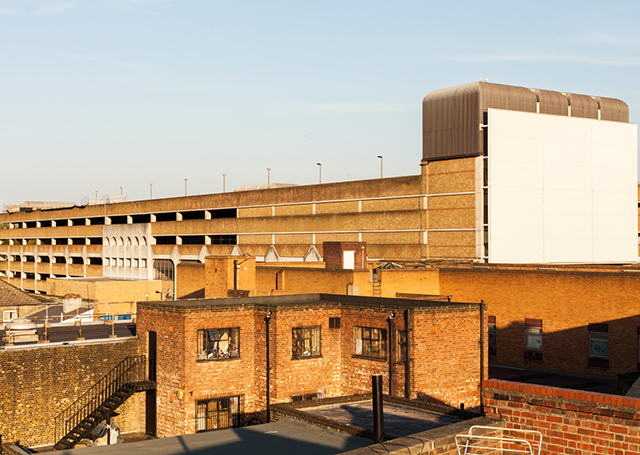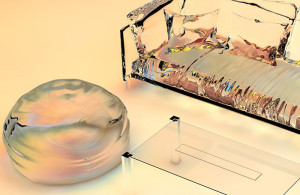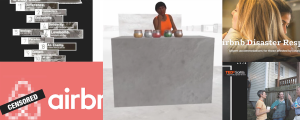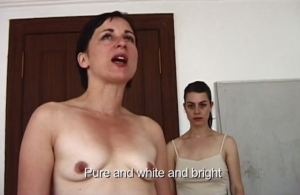ÅYR, the collective formerly known as AIRBNB Pavilion, opens their new exhibition Newcomers at London’s Project Native Informant on October 7 and runs until November 7.
Founded by Fabrizio Ballabio, Alessandro Bava, Luis Ortega Govela and Octave Perrault, the collective got its former name during the XIV Architecture Biennale in Venice, when it exhibited in apartments rented through AirBnB. The name change comes under legal pressure from the apartment rental company and in 2015, the collective opted for a new name and, with it, a new show.
Newcomers is a push back of sorts, using what Philipp Ekardt calls “architecturally informed digital rendering and imaging techniques” to create “a new sort of depth”.
See the PNI website for details. **
